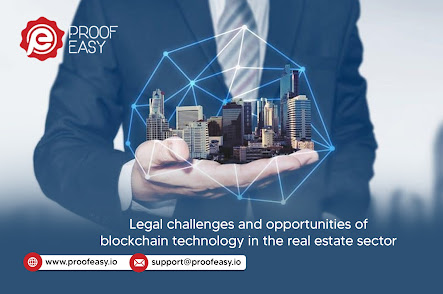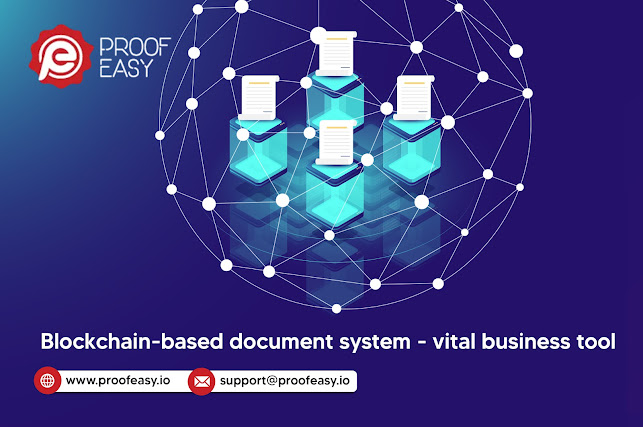Shielding Sensitive Documents: Blockchain Verifiable Credentials (VC's) Makes It Possible
The reign of digital information looms large in today’s world. But with everything going digital, safeguarding the sensitive information also becomes critical now more than ever.
Our documents that are integral parts of our lives, whether be it for personal identification, educational purpose or professional progress, their authenticity matters a lot. This is where blockchain verifiable credentials (VCs) come into play.
They have the power to verify credentials and rescue your documents from the hands of hackers and fraudsters. In this blog, we give you the insight on how blockchain VCs do what it does. So, without further ado, let’s dive in, shall we?
Decoding Blockchain Verifiable Credentials (VCs)
Verifiable credentials function the way passports do their job. Meaning they are able to confirm the authenticity of documents, ensuring the documents in question are authorized and genuine.
Primarily, these credentials utilize the advanced blockchain technology, yes, the same tech that is considered to be the backbone of cryptocurrencies such as Bitcoin. With their power, the system in place verify digital credentials in a tamper-proof and decentralized environment.
In the centre of it all, VCs include information about you or your documents signed digitally by the authorized issuer and stored over a secure blockchain network. The signature is of cryptographic nature that serves the purpose of digital seal of approval.
As a result, it ensures the authenticity and integrity of information that the document contains.
So, How Do Blockchain VCs Keep Documents Safe?
There are few key things that allow blockchain VCs to keep documents safe and secure. Let’s go through them -
Immutable Records: Blockchain and its decentralized ledger system helps in keeping records immutable. Once the information is recorded then it cannot be manipulated or altered without authorization. Each credential stored over the blockchain network works like a digital footprint left behind on a stone, turning blockchain digital credentials virtually impossible to be cracked.
Decentralized Verification: It doesn’t have any scope of single points of failure. VCs enable for decentralized verification. This simply implies that multiple parties can verify the document independently without relying on any intermediaries or central authority. This not only promotes increased security but also builds trust and transparency.
Data Ownership or Privacy: In a centralized system, individuals have no better ownership of one’s own data. The concept of privacy remains low. But blockchain VCs are designed with privacy in mind. Users are able to disclose only the information that they wish for carrying out a specific transaction. You don’t need to reveal more than what you prefer.
Interoperability: One size fits for all! Blockchain VCs stick to common standards that ensure interoperability throughout varied platforms and applications. A seamless integration such as this allows for credentials to be easily verified and accepted wherever you go.
If you are interested in exploring more about blockchain VCs facilitate the verify credential then connect with ProofEasy. They are a pioneering document security and verification platform dealing with patented blockchain tech.



Comments
Post a Comment